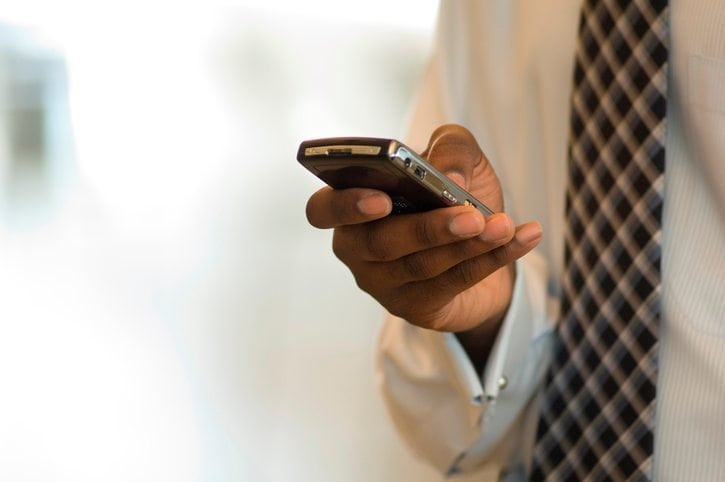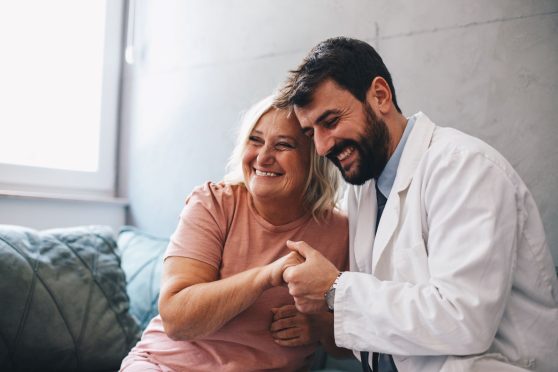By Michelle Voegtle, M.Ed.
Licensed Professional Counselor
Clinical Program Manager
Rushford
Jessica, a young adult struggling with her mental health, found herself having suicidal thoughts one evening.
She remembered the mobile application, TryCycle, that her recovery support specialist had encouraged her to use for exactly this reason. She opened the app and logged her thoughts, and shortly after, received a wellness phone call from the on-call recovery support specialist. A plan was quickly put into place and Jessica was able to connect with a psychiatrist and remain stable and safe.
Jessica’s story — her name has been changed to protect her privacy — is just one of over 8,000 interventions that have occurred since Rushford, part of Hartford HealthCare’s Behavioral Health Network, began using TryCycle in 2019.
TryCycle, created by TryCycle Data Systems, is a “digital compassionate tether,” connecting clients in recovery from opioid use disorder (OUD) and other mental health problems with their clinical team and a recovery support specialist outside of their scheduled appointments. The app helps us identify patterns in clients that we couldn’t necessarily find before because we would only see them for short periods of time.
Recovery support specialists, who use their own recovery experience to support clients, are at the forefront of monitoring the app, checking every hour to two hours for any client activity that is flagged as high risk or concerning. Clients can take an inventory assessment for self-awareness, as well as use the journaling component to track their feelings, all of which are monitored. Its ultimate goal is to prevent death by overdose or suicide by creating a “digital tether.”
The mobile app was particularly impactful during the early months of the COVID-19 pandemic when in-person treatment was halted. Clients were forced to isolate, contributing to an increase in anxiety, depression and cravings. TryCycle helped to maintain the constant reinforcement that is crucial to recovery.
Clients can use TryCycle at any time, day or night. It helps them see their own patterns and remind themselves of all of the difficult days that they were able to overcome. By seeing a history of their recovery, it helps to shift the mindset from “I can’t do this,” to “I have done this before, and I can do it again.”
At Hartford HealthCare, we currently have over 1,000 clients who have used TryCycle. These clients are more likely to remain in treatment and have fewer relapses in opioid use than those not using the app.
Beyond the use of TryCycle, recovery support specialists have proved vital in the treatment of a person in recovery and with mental illness. Having someone who has gone through the same experiences and is in recovery provides clients with hope, which is incredibly powerful. Recovery support specialists are often the first ones to respond to a concern through TryCycle and are with clients each step of the way, providing encouragement, reinforcement and compassion.
The model of TryCycle and RSSs has expanded to Natchaug Hospital, also part of Hartford HealthCare’s Behavioral Health Network, and we hope to soon offer it to all clients throughout the network.
Rushford, a member of the Hartford Healthcare Behavioral Health Network, offers addiction and mental health treatment for adults and teens throughout Central Connecticut at locations in Avon, Durham, Cheshire, Glastonbury, Meriden, Middletown and Portland. Click here for more information.


